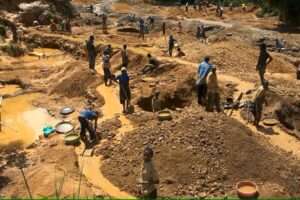IMF board approves $15.6bn Ukraine loan package
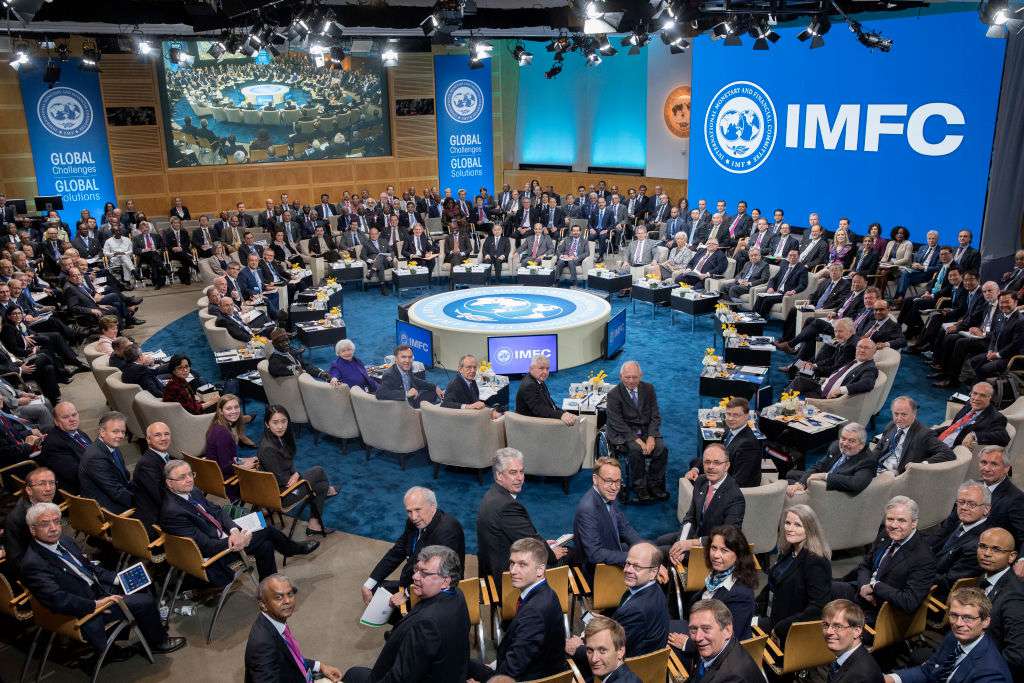
Loan is part of a broader $115bn international support package to help the country meet urgent funding needs.
The International Monetary Fund (IMF) has approved a $15.6bn support package for Ukraine to assist with the conflict-hit country’s economic recovery, the fund has said.
The Russian invasion has devastated Ukraine’s economy, causing activity to contract by around 30 percent last year, destroying much of its capital stock and fuelling poverty.
The 48-month Extended Fund Facility (EFF) programme approved by the fund’s board is worth roughly $15.6bn.
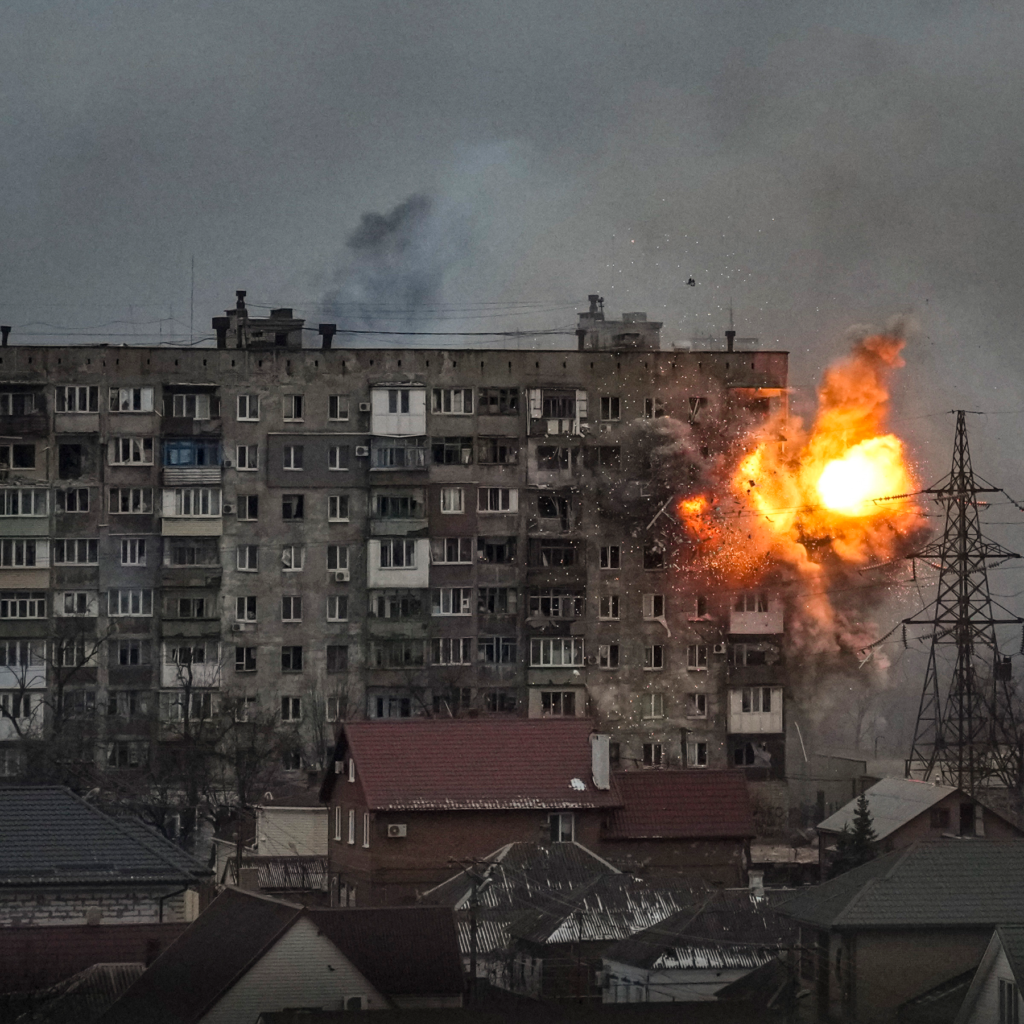
It forms the IMF’s portion of a $115bn overall support package comprised of debt relief, grants and loans by multilateral and bilateral institutions, the organisation confirmed in a press conference Friday.
The IMF recently changed its rules to allow loan programmes for countries facing “exceptionally high uncertainty”.
The new four-year programme aims to “anchor macroeconomic and financial stability as well as to undertake critical structural reforms as the war continues,” IMF Deputy Managing Director Gita Gopinath said in a statement.
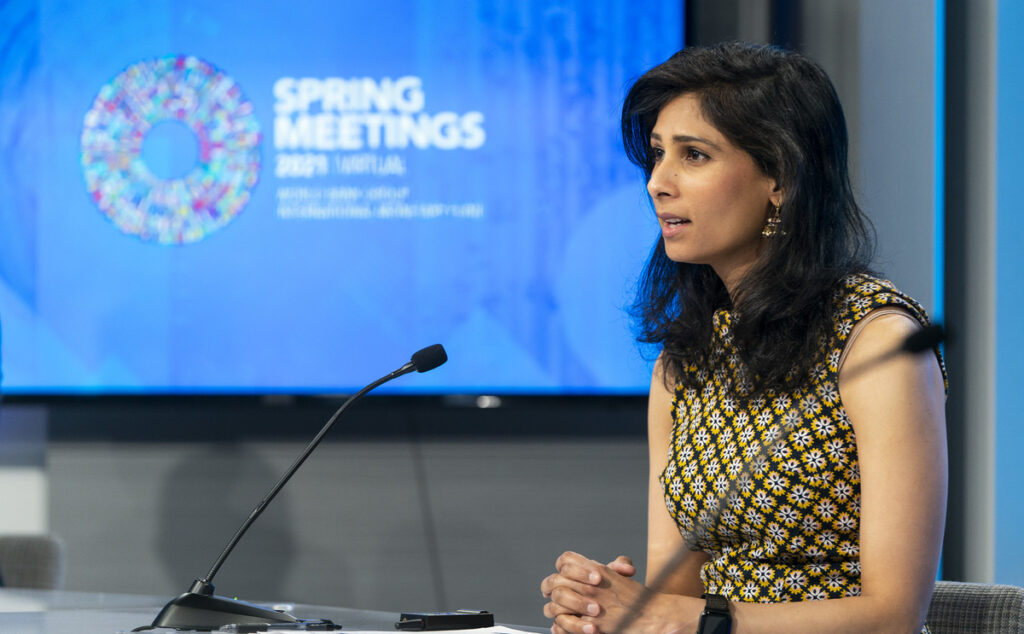
Of the total amount approved by the IMF, $2.7bn is being made available to Ukraine immediately, with the rest of the funds due to be released over the next four years.
The more “ambitious structural reforms” to support sustained growth and post-war reconstruction, as well as facilitate Ukraine’s path to EU accession among other goals, will be left until active combat ends, she added.

The EFF loan is the first major financing programme approved by the IMF for a country involved in a large-scale war. Ukraine’s previous $5bn IMF programme expired last year.
“Russia’s invasion of Ukraine continues to have a devastating economic and social impact,” Gita Gopinath said.
Despite this, Ukrainian authorities “have nevertheless managed to maintain overall macroeconomic and financial stability, thanks to skilful policymaking and substantial external support,” she added.
At the same time, governance should be improved to enable long-term growth after the end of the war, the IMF said.
The programme also includes additional guarantees from some IMF members in the event that active combat continues beyond the current estimate of mid-2024.
If the current conflict were to continue into 2025, it would raise Ukraine’s financial needs from $115bn to around $140bn, said the IMF.

Kyiv had already agreed on the loan programme with international donors about two weeks ago. However, that agreement still had to be approved by the executive board.
Ukraine had sought the billion-dollar aid programme and months of negotiations preceded it.
Ukrainian President Volodymyr Zelenskyy welcomed the new funding.
“It is an important help in our fight against Russian aggression,” he wrote on Twitter. “Together, we support the Ukrainian economy. And we are moving forward to victory!”
The agreement is expected to help unleash large-scale financing for Ukraine from international donors and partners, including the World Bank and other lenders.
An IMF official said the $115bn package includes the IMF loan, $80bn in pledges for grants and loans from other countries and $20bn worth of debt relief commitments.

The IMF said that multiple stakeholders, including international financial institutions, private sector firms, and most of Ukraine’s official bilateral creditors and donors, are supporting a two-step debt treatment process for Ukraine that includes adequate financing assurances on debt relief and concessional financing during and after the programme.
“Risks to the EFF arrangement are exceptionally high,” Gopinath said. “The success of the program depends on the size, composition, and timing of external financing on concessional terms to help close fiscal and external financing gaps and restore debt sustainability on a forward-looking basis.”
Tunisia to cut Water supplies to citizens overnight amid drought.
The drought-hit country announced other tight restrictions on water usage as it braces for another baking summer.
Tunisia will cut off water supplies to citizens for seven hours a night in response to the country’s worst drought on record, state water distribution company SONEDE has said.
The drought-hit country announced other tight restrictions on water usage – as it braces for another baking summer – including a ban on the use of potable water for irrigating farmland or green spaces, or for cleaning public areas .
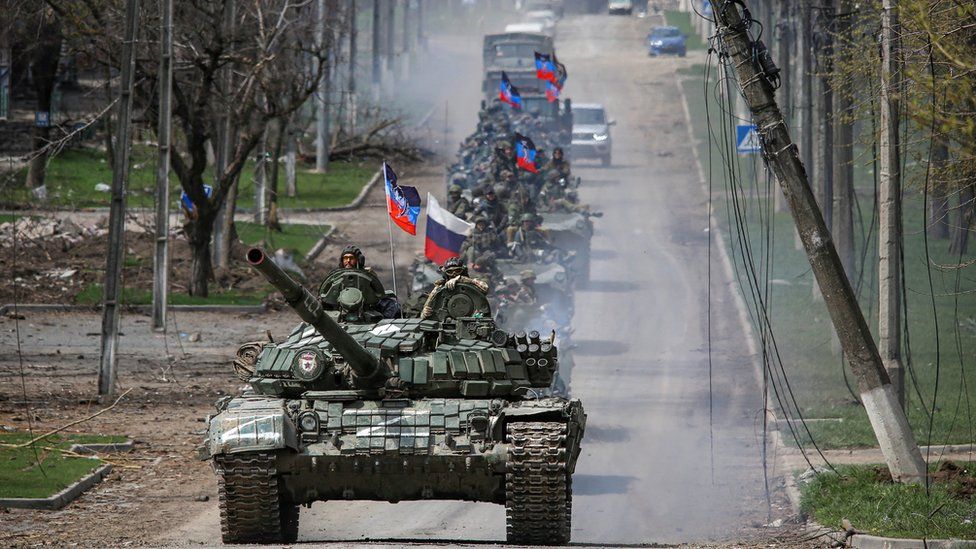
SONEDE said on Friday that the water will be cut off daily from 9pm until 4am, with immediate effect.
Mosbah Helali, its head, said the drought in the country, brought on by the scarcity of rain across four consecutive years and which SONDE attributed to climate change, was unprecedented, and called on Tunisians to understand the decision.
He said fines and even prison sentences were being considered if the rules were broken.
Residents of several areas of the capital have already complained of unannounced cuts to their mains supply at night since the start of the fasting month of Ramadan, when many stay up late.
“Years of drought and low water flow into reservoirs has impacted the country’s water stocks, which have reached an unprecedented situation,” the ministry said.
The new decision threatens to fuel social tension in a country whose people suffer from poor public services, high inflation and a weak economy.
The North African country’s dams are at critical lows following years of drought, exacerbated by pipeline leaks in a decrepit distribution network.
Tunisia recorded a drop in its dam capacity to approximately one billion cubic metres, or 30 percent of the maximum, senior agriculture ministry official Hamadi Habib said.
Farmers’ unions have voiced fears for the coming season, particularly as regards cereals. A poor domestic harvest would compound Tunisia’s problems procuring sufficient flour in the face of skyrocketing international wheat prices since Russia’s invasion of Ukraine early last year.
The Tunisian Federation for Agriculture and Fisheries said thousands of hectares of farmland risked being left fallow due to the lack of rain.

“This year’s cereal season will be catastrophic – there won’t be a harvest,” spokesman Anis Kharbech told Tunisian media. He said projected yields would not even be enough to provide seeds for next year’s crop.
Tunisia’s agricultural sector usually accounts for 10 percent of gross domestic product (GDP).
Scientists have said that recurring heatwaves are a clear marker of human-caused global warming, and that droughts worldwide are set to become more frequent, longer and more intense.
Source: Aljazeera


